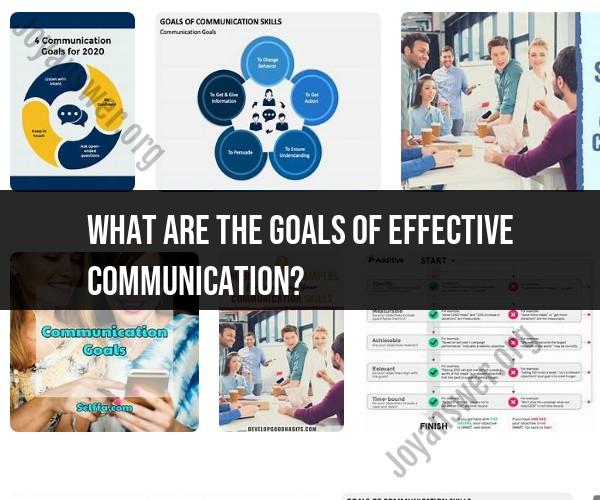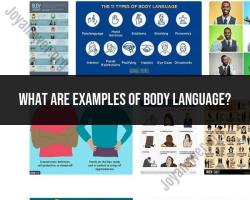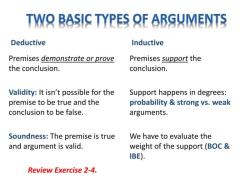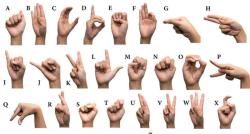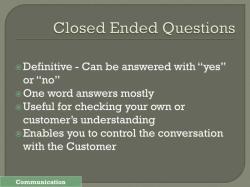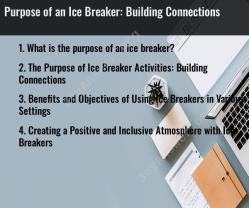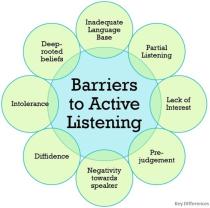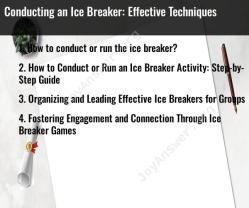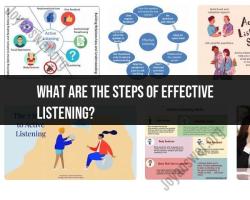What are the goals of effective communication?
Effective communication is a vital skill in personal, professional, and social contexts. It serves several essential goals and objectives, each contributing to successful and meaningful interactions. The primary goals of effective communication include:
Clarity: The foremost goal of effective communication is to convey information, ideas, or messages clearly and concisely. This involves using language that is easy to understand, avoiding jargon or ambiguity, and organizing thoughts logically.
Understanding: Effective communication aims to ensure that the message is not only conveyed clearly but also understood by the recipient. This involves using language appropriate to the audience's knowledge and background and actively listening to their feedback and questions.
Engagement: Communication should engage the audience and capture their interest. Engaging communication techniques include storytelling, using relatable examples, and employing visuals or multimedia when appropriate.
Persuasion: In some cases, the goal of communication is to persuade or influence the recipient's beliefs, attitudes, or behavior. Effective persuasion involves presenting compelling arguments, providing evidence, and appealing to the audience's emotions and values.
Empathy: Effective communication recognizes and acknowledges the feelings and perspectives of others. It aims to convey empathy by showing understanding, compassion, and respect for the emotions and experiences of the audience.
Feedback: Communication is a two-way process, and one of its goals is to elicit feedback and response from the audience. This feedback loop helps ensure that the message is received as intended and can lead to productive dialogue.
Problem-Solving: In many situations, communication is a tool for identifying and addressing problems or challenges. Effective communication seeks to define issues, gather relevant information, and collaborate on solutions.
Building Relationships: Communication plays a crucial role in building and maintaining positive relationships. Effective communication fosters trust, cooperation, and a sense of connection among individuals and groups.
Conflict Resolution: In cases of conflict or disagreement, effective communication aims to facilitate resolution by promoting open and respectful dialogue, active listening, and finding common ground.
Information Sharing: Communication is a means of disseminating information, whether it's related to news, updates, policies, or knowledge sharing. The goal is to ensure that information is communicated accurately and comprehensively.
Inspiration and Motivation: Effective communication can inspire and motivate individuals or groups to take action, pursue goals, or embrace a shared vision. Inspirational communication often involves storytelling and appeals to values and aspirations.
Education and Learning: In educational settings, effective communication is essential for conveying knowledge and facilitating learning. It involves clear explanations, active engagement, and adapting teaching methods to the needs of learners.
Entertainment and Enjoyment: In entertainment and leisure contexts, communication aims to provide enjoyment, amusement, or emotional engagement. Effective communication in this context captivates and entertains the audience.
Cultural Sensitivity: In diverse and multicultural settings, effective communication respects and acknowledges cultural differences, promoting understanding and inclusivity.
Time and Resource Efficiency: Effective communication values the recipient's time and uses resources efficiently. It avoids unnecessary information and focuses on delivering the most relevant content.
These goals of effective communication are interrelated and may overlap in various situations. Successful communication requires adaptability, empathy, and the ability to tailor the message to the specific context and audience. Whether in personal relationships, professional settings, or public speaking, striving to achieve these goals can lead to more productive, meaningful, and harmonious interactions.
Understanding the Objectives of Effective Communication
Effective communication is the ability to convey your message clearly and concisely, and to ensure that your audience understands you. It is an essential skill for success in all areas of life, from personal relationships to professional careers.
The objectives of effective communication can vary depending on the situation, but some common objectives include:
- To inform: To provide your audience with new information or to update them on existing information.
- To persuade: To convince your audience to agree with you or to take a particular action.
- To build relationships: To connect with your audience on a personal level and to create a sense of trust and rapport.
- To solve problems: To work together with your audience to identify and address common challenges.
- To make decisions: To gather input from your audience and to come to a consensus on a particular course of action.
Key Goals for Successful Communication
To achieve your communication objectives, it is important to focus on the following key goals:
- Clarity: Your message should be clear and easy to understand. Avoid using jargon or technical language that your audience may not be familiar with.
- Conciseness: Get to the point quickly and avoid using unnecessary words or phrases.
- Accuracy: Make sure that your information is accurate and up-to-date.
- Relevance: Tailor your message to your audience's specific needs and interests.
- Engagement: Keep your audience engaged by using interesting examples and stories.
- Feedback: Encourage your audience to ask questions and to provide feedback.
Achieving Communication Excellence: Core Objectives
To achieve communication excellence, it is important to focus on the following core objectives:
- Be an active listener: Pay attention to what your audience is saying and ask clarifying questions.
- Be empathetic: Try to see things from your audience's perspective and understand their needs and concerns.
- Be respectful: Treat your audience with respect, even if you disagree with them.
- Be authentic: Be yourself and let your true personality shine through.
- Be open-minded: Be willing to listen to other people's ideas and perspectives.
By focusing on these core objectives, you can become a more effective communicator and achieve your communication goals.
Here are some additional tips for achieving communication excellence:
- Be aware of your body language: Make eye contact, smile, and use open body language to show that you are interested in what your audience has to say.
- Use your voice effectively: Speak clearly and at a moderate pace. Use pauses and emphasis to highlight important points.
- Be aware of your audience's cultural background: Be mindful of your audience's cultural values and customs when communicating with them.
- Use humor appropriately: Humor can be a great way to engage your audience and to make your message more memorable. However, it is important to use humor appropriately and to avoid making offensive jokes.
By following these tips, you can become a more effective communicator and achieve your communication goals.
